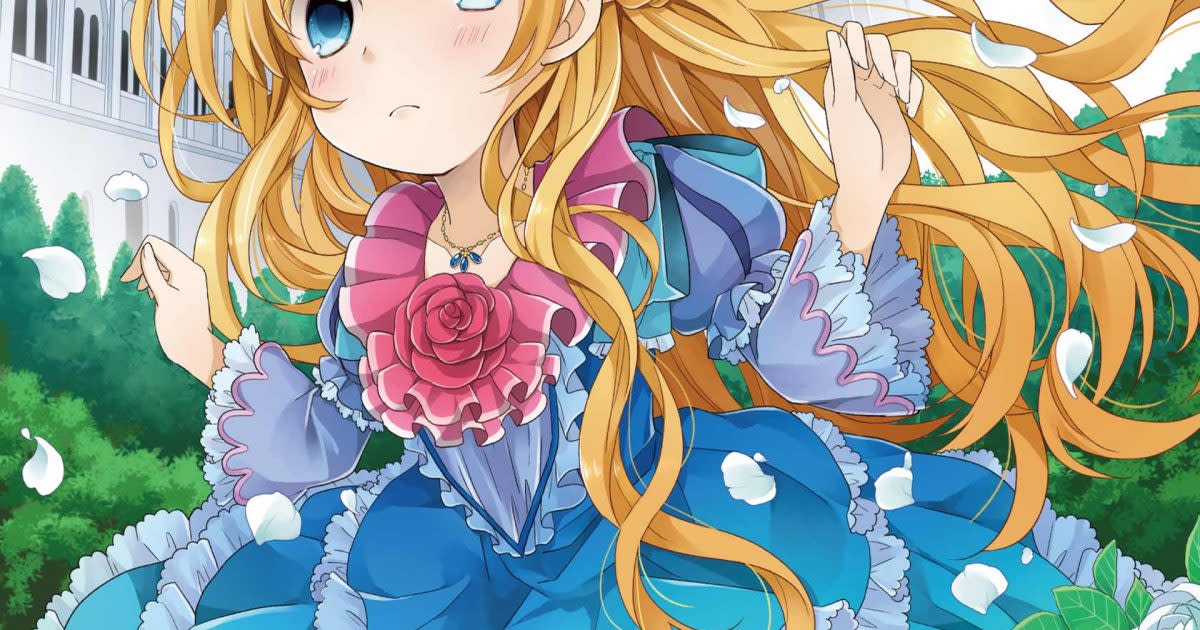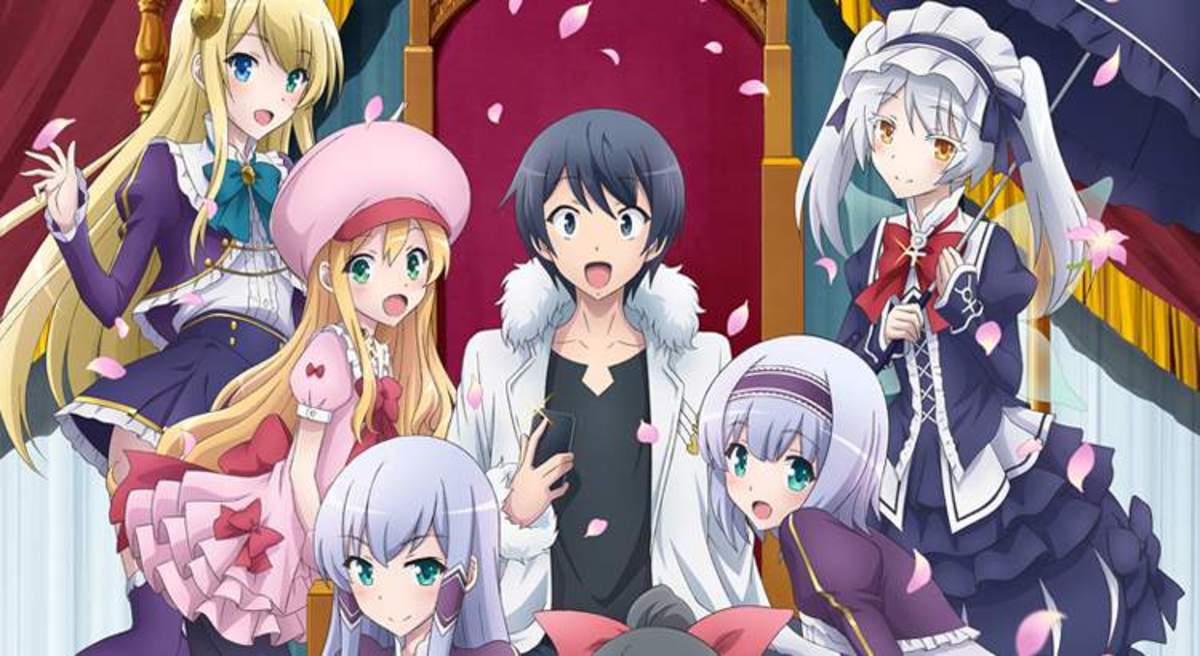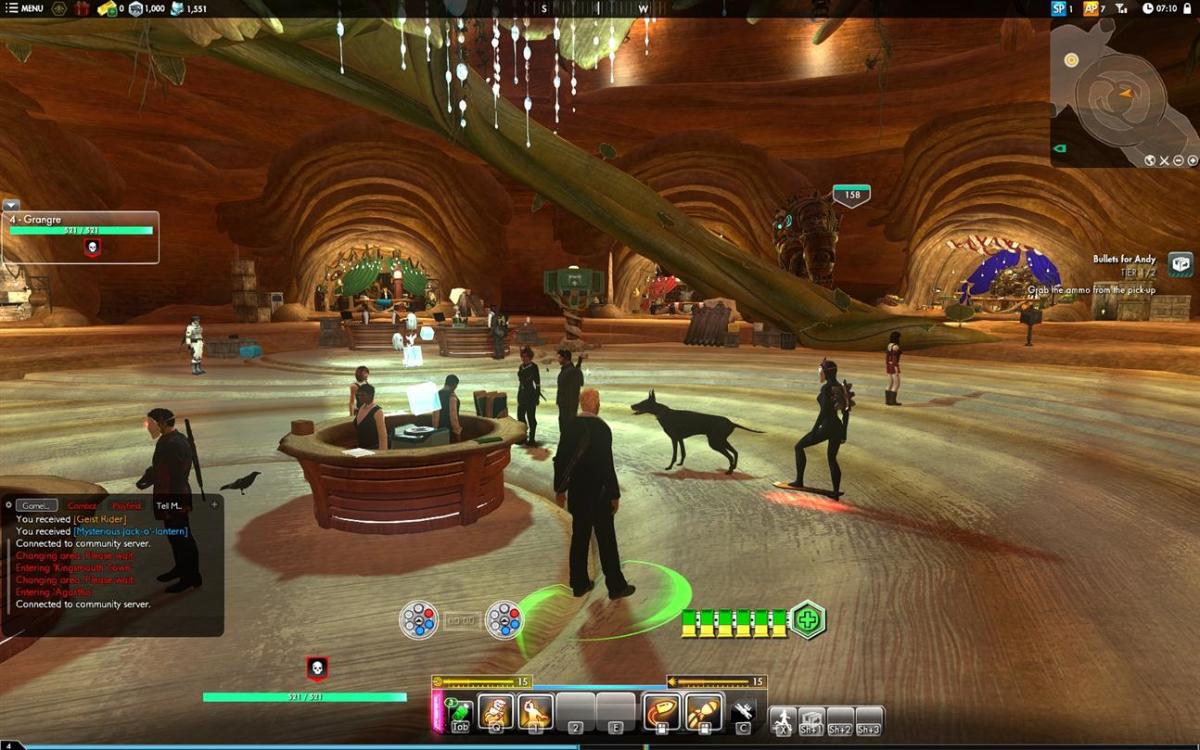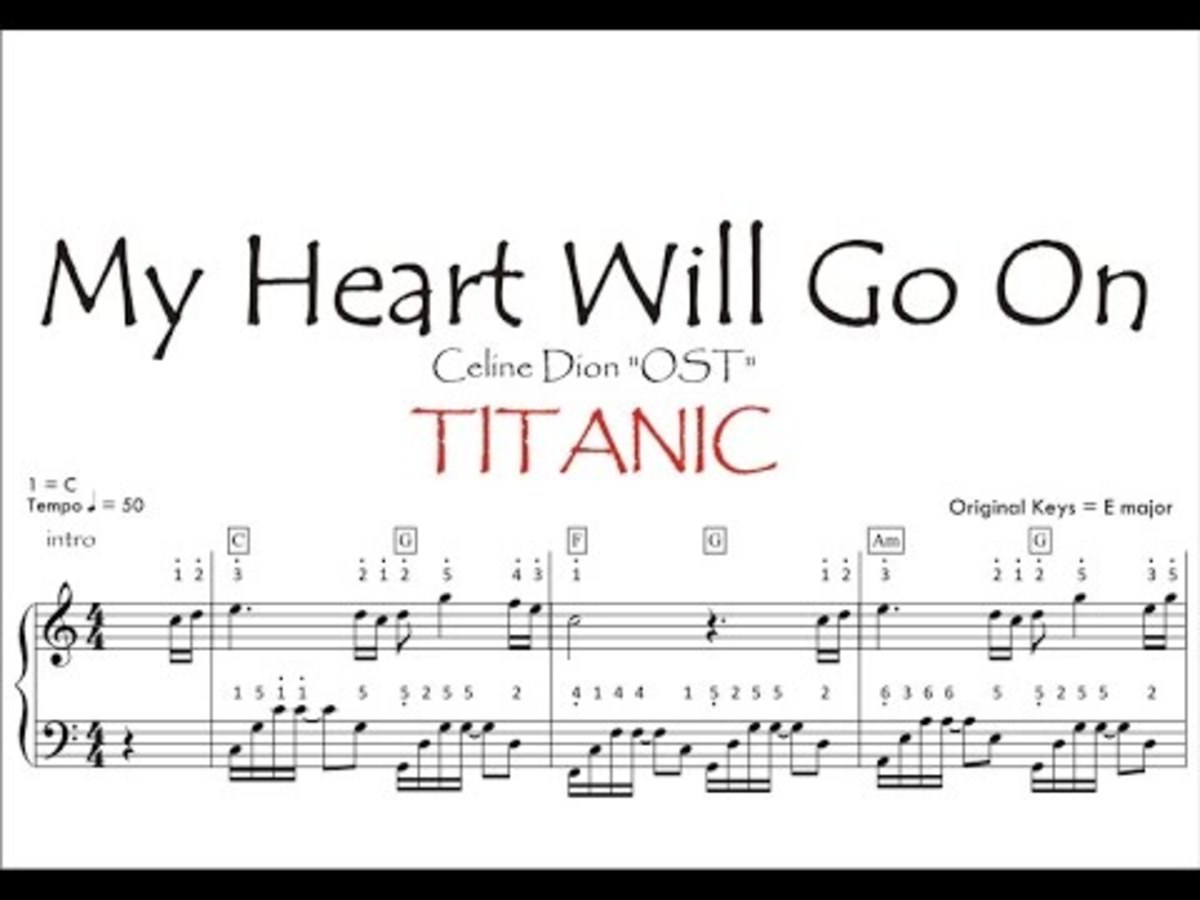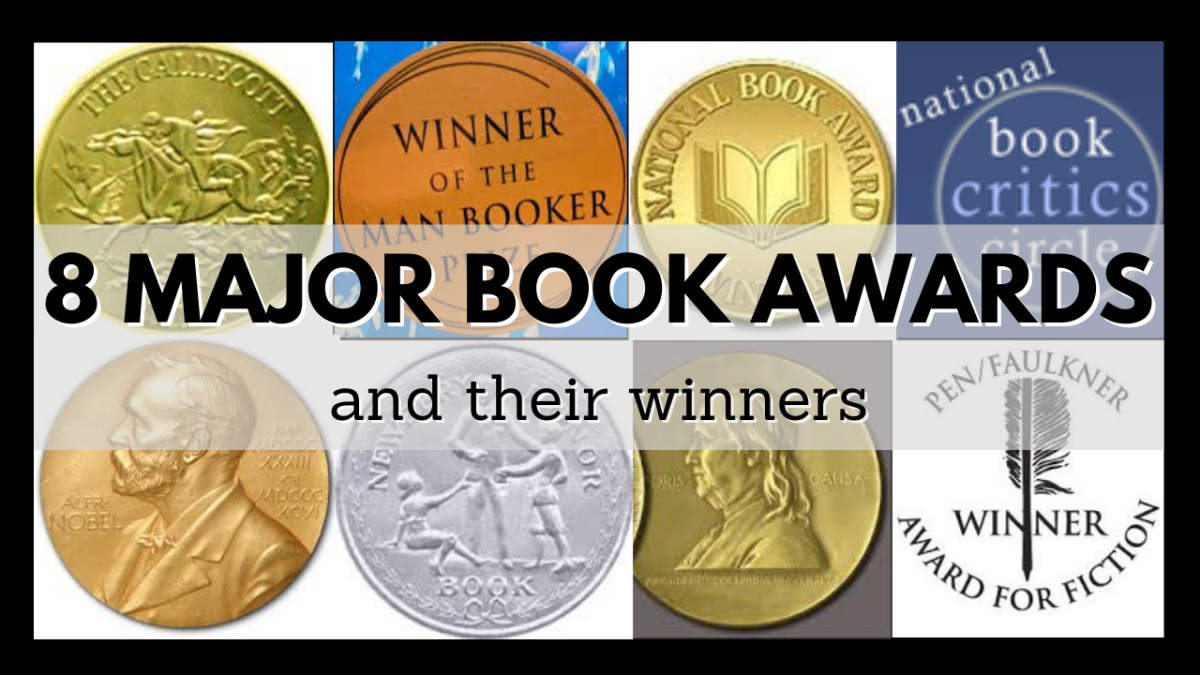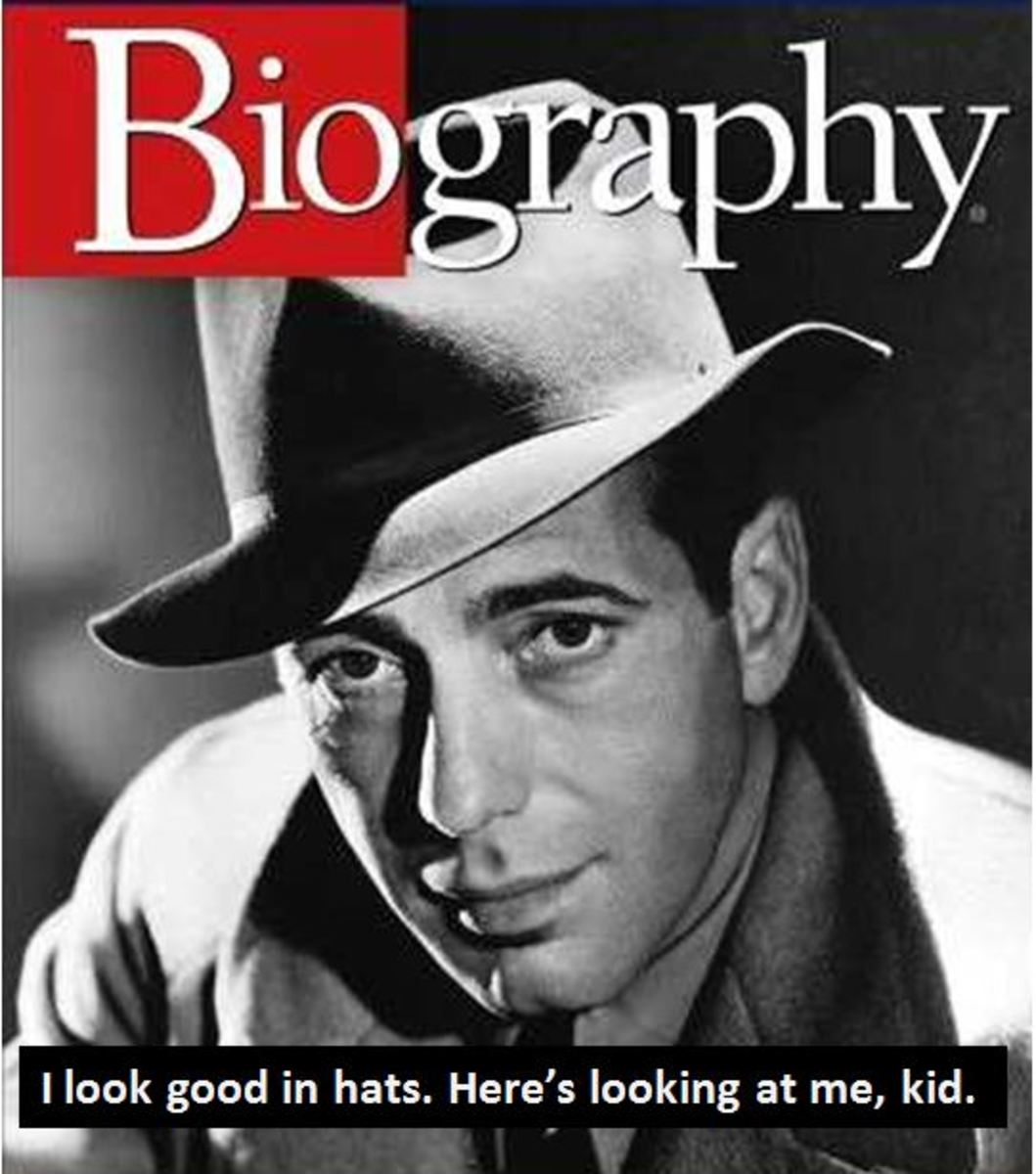Literature Genres and Their Definitions
OVERVIEW
So you have finished your manuscript and it is time to send out query letters to agents and publishers. You have your handy reference guide that details everything that each agent and/or publisher is looking for, and you notice that most agents specialize in a particular genre of literature. Makes sense since we all can’t be everything to everybody. However, as you look over some of those genres you realize you don’t have a clue what they are?
Welcome to this article! My goal is to clarify some of the common genres in the literature world so that you can make better decisions when sending out your query letters. If you are a typical writer, you may have a hard time deciding which genre your novel fits under, and it is entirely possible that your book may span two or three different genres at the same time. For example, maybe your novel is a western but has a strong romance thread running throughout. Would it be considered a romance novel or a western? Knowing the distinctions just might be the difference between a query letter that garners a response and one that fails and is never read.
Shall we begin?
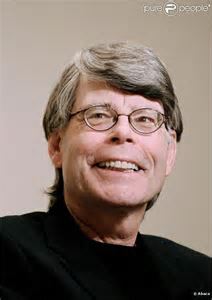
CHILDREN’S
Books that are written for little children, usually defined as between the ages of toddler up to eleven years of age. The main characters are usually children of the same age or childlike animals. Pictures usually dominate these books and simple moral lessons are common.
FANTASY
For lack of a better definition, think “that which is not real.” As the name suggests, there is something fantastic about the story or characters. The characters may be human or some imaginary species, and they usually have talents that we do not see on Earth in the year 2013. Most of these books will have a good vs evil component to them.
HORROR
Scary and then scarier; that is horror. There is something unsettling about the book, something that will have you looking at shadows after you read a chapter or two. Again, this is classic good vs evil, but in many horror books evil comes out victorious.
MYSTERY
Mysteries solve puzzles, whether that puzzle be a serious crime, unsolved murder, or some unexplained event. The reader is led, step by step, along a series of clues until the solution is revealed at the end.
ROMANCE
If you know the song by the Turtles entitled “Happy Together” then you will understand romance novels. These can lean towards the erotic and steamy, and the characters matter very little. The message is clear: I want you, you want me, let’s get it on and find happiness after a series of trials and tribulations.
SCIENCE FICTION
This genre usually refers to a book that has new and different concepts but, at the same time, those concepts are scientifically plausible. It can be about aliens or just some dude in Iowa who can levitate tractors with his pinky. The setting can be here on Earth or in some far-off galaxy, and the characters can be human or from the Planet Xanadu.
THRILLERS
This genre also includes suspense and action/adventure. There is an emotional thrill involved in this genre, and perils will emerge and heroes will be tested, but ultimately the hero will conquer whatever obstacle he/she had to face.
WESTERNS
Time and place define the western genre. Almost all are set west of the Mississippi between the years of 1800 and 1890. However, there have been space westerns like Firefly that completely flew against the norm, so remember that those dates and places are merely generalities.
YOUNG ADULT
These serve the market comprised of youngsters between the ages of twelve and eighteen, and the main characters are usually of that age too.
MAINSTREAM
If you are a first time author then this genre is not for you. Mainstream is a genre reserved for those big name authors who are quite famous in the world of literature. Often the novel is very long, but other than that there are few guidelines in this genre.
LITERARY FICTION
Prose is more important than story or characters in literary fiction. These stories are often emotionally intense, but what really makes them applicable to this genre is the quality of the writing. The word “wordsmith” comes to mind when I think of literary fiction.
EXPERIMENTAL FICTION
The best way of describing experimental fiction is to say the name e.e. cummings. This genre goes against the norm and the accepted, pushing the envelope and tossing convention out the window.
HIGH FANTASY
Think Lord of the Rings and you will have an idea about high fantasy. We are talking about other worlds here, with non-human characters and creatures.
MIDDLE-GRADE
Fiction for readers between the ages of 8-11. Themes are usually not real heavy, and sex and drugs are a no-no.
NARRATIVE NONFICTION
These are true stories using the tools of fiction. In Cold Blood is an excellent example, as is the trilogy about the Civil War written by Bruce Catton.
STEAMPUNK
Alternative history, usually told in Victorian England, using advanced technology powered by steam. Yes, this is quite the specialized genre and relatively new on the scene.
UPMARKET FICTION
Women’s or literary fiction that has the appeal and power to cross over to book clubs and mainstream appeal. We have seen more and more of this due to Oprah and other book clubs that have followed.
URBAN FANTASY
Think paranormal in today’s world and you will have urban fantasy. Think vampires in 2013 New York and you will have urban fantasy. Get the picture?
WOMEN’S FICTION
These are not just stories about women; they are stories that describe what it is like to be a woman, or what it is like to travel the journey of a woman. The primary purpose of these books is to help women grow and learn about themselves.
Self-help
When did this genre show up? Seems like the 60's or 70's, but it has definitely become a part of the literary world since then. As the title suggests, this genre has to do with self-development and the finding of one's own spirituality.
WHEN IN DOUBT GO WITH THE BEST GUESS
Are you confused yet? Well, if you are, it is perfectly normal. Many books that are written cross over the lines and include several different genres, and when that happens the only thing you can do it make a guess and hope for the best. In your query letter you can explain your dilemma and also explain why you believe your book includes several different genres.
Remember that you are dealing with professionals when you contact agents and publishers, so do the best you can and sell your work in a professional manner. Speak with authority and enthusiasm. As the number one promoter of your work, it is up to you to sell, sell and sell some more.
2013 William D. Holland (aka billybuc)



